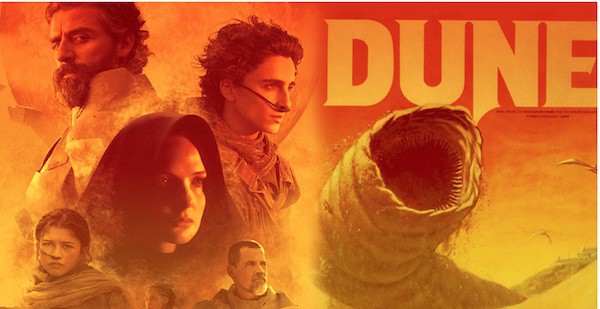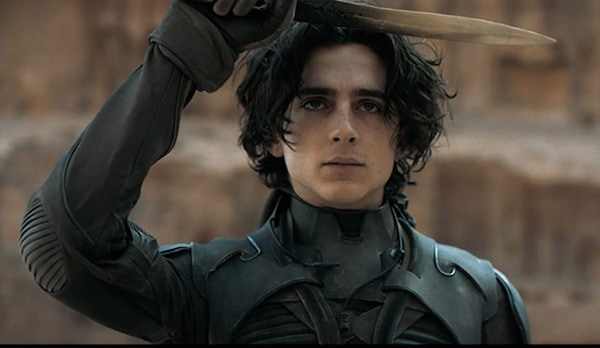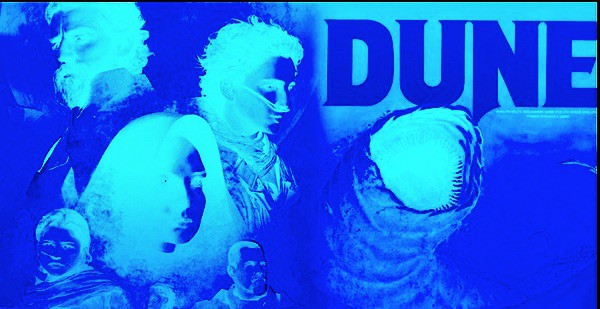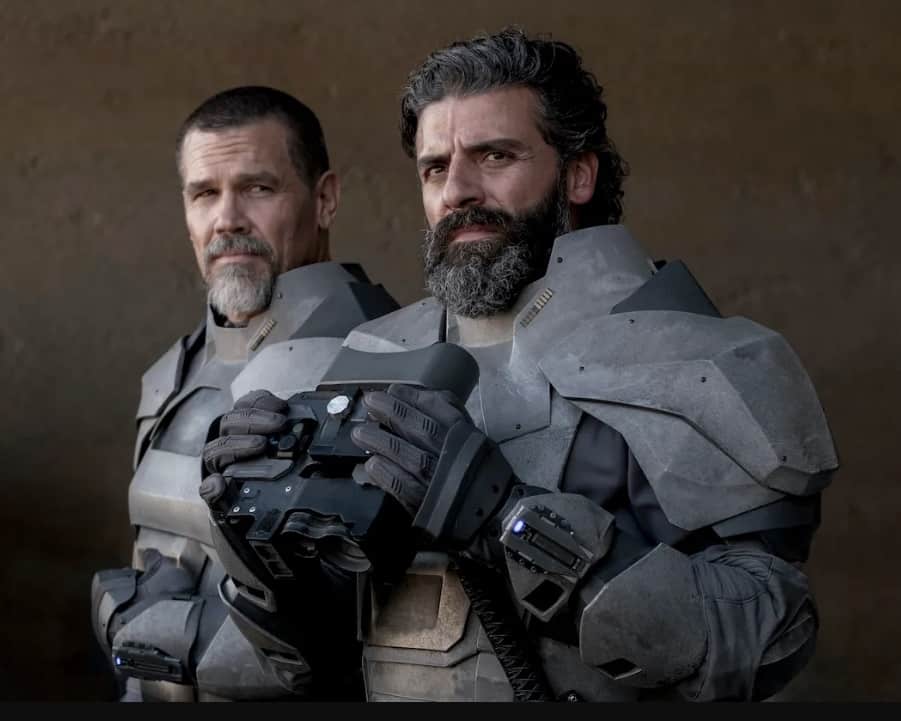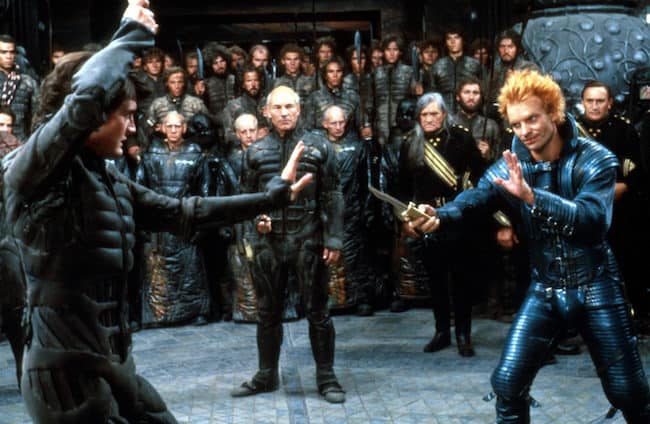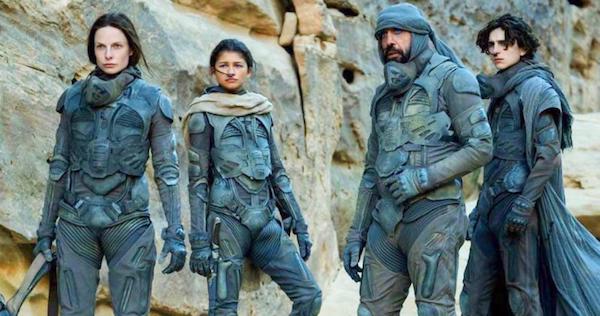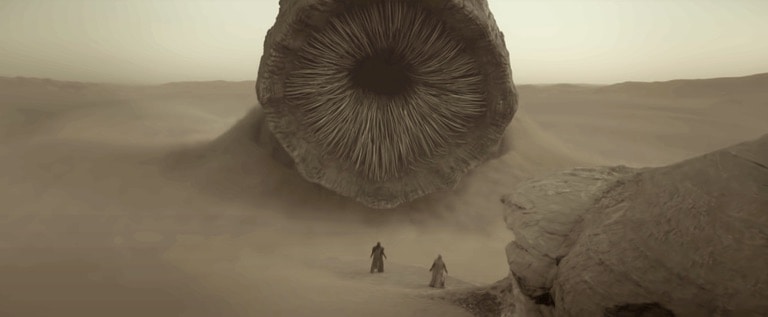
Casting Glances: Odyssey of movie maker Judy Bouley
It’s been a long and winding road from Santa Cruz to Hollywood to Kazakhstan and back, but casting director Judy Bouley brought back hair-raising, spine-chilling, and joyous tales from her life in the movies. Casting Glances is the name of her just-released book—soon to be available on Amazon—and it’s loaded with tell-all back stories of Hollywood stars, extras, exotic locations, triumphs and screw-ups. But more than simply a collection of cinema gossip and rich travel lore, Bouley’s book boldly documents her own over-the-top professionalism, its implosion into emotional crisis, meltdown, healing, and ultimately post-COVID reality.
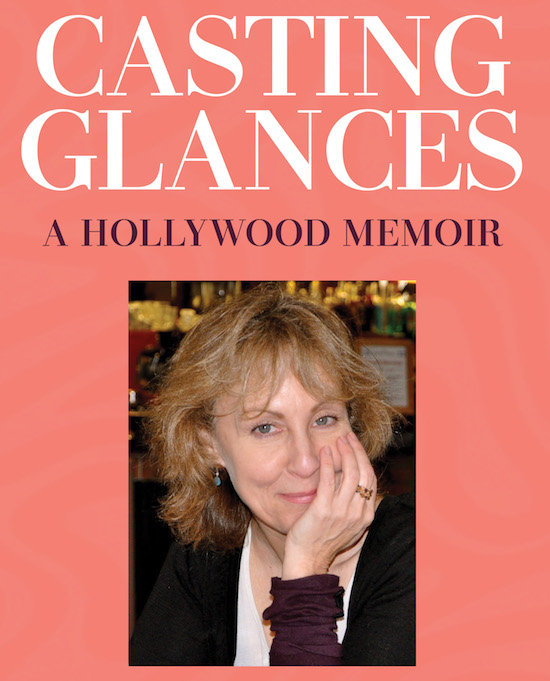
Having known Judy since our early acquaintance as founding members of the Santa Cruz Film Council some 40 years ago, I was eager to talk to her about the new book.
Q: I found it fascinating that a casting director doesn’t simply go out look for the right actors, give them to the director and the production team, and then move on. What happens once you find what you think are the right actors?
Bouley: Well, I work differently than most casting directors who hang out a shingle and have an office in Hollywood or New York and they don’t ever travel on location. I always stay with my films. People assume that we cast all the actors and extras before filming begins. Not true. I’ve had directors make revisions in the script and I was given 48 hours to find the right actors. They called me Mama Bouley on Master & Commander because I was always there for the background artists.The reason I stay on the set is that you never know—the director could have a new idea on Thursday, and you have to cast and be ready to go on Monday. I first got into casting with Lost Boys in Santa Cruz. I cast five speaking parts and 2200 background parts. And I did Star Trek IV and five films with Tom Hanks. The work is about relationships. Once they trust you the work starts flowing.
On The Polar Express we had thirty six cameras placed all around the set, digitally recording, many times per second, a 360-degree view of the actor’s movements. That digital information was collected via the sensors and then fed to a team of computer wizards who transfered the actors’ movements to a 3D model.”
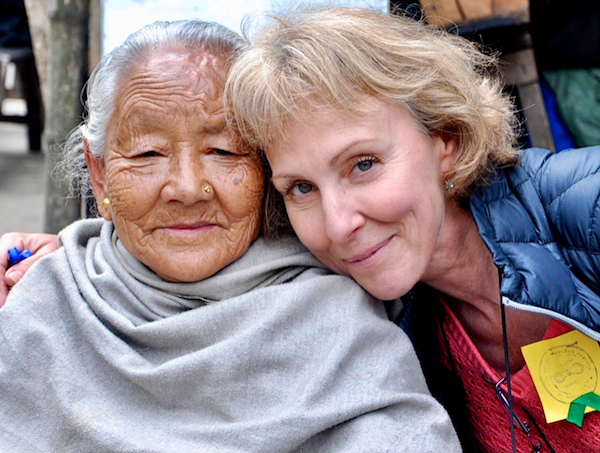
Then they started flying me around. And then I ended up in Bulgaria, Morocco, India, Kazakhstan, Kyrgyzstan, and I spent eleven months in Mexico on Master and Commander. I was there all the time to put out any fires before they started.

“My staff booked over two hundred men and boys for auditions in San Diego alone. From February to May we held casting calls in Baja, Los Angeles, Santa Cruz, Vancouver and Toronto. In all we processed close to a thousand hopefuls to cast fifty five main crew for Her Majesty’s ship, sixty ‘B’ crew for our battle scenes and two hundred and fifty French sailors.”
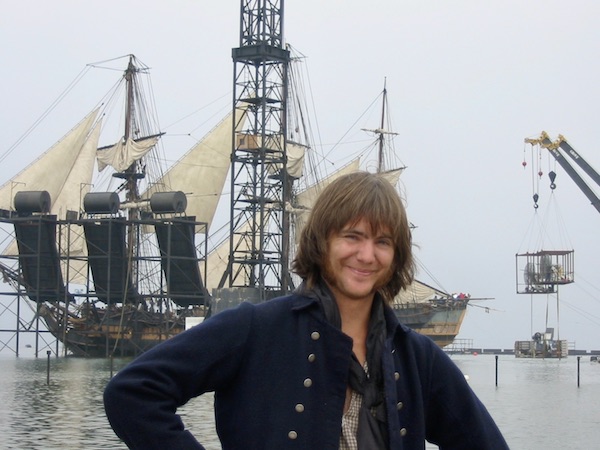
Bouley worked for almost a year, living on location, with the cast and crew of Master and Commander, directed by Austalian legend Peter Weir. 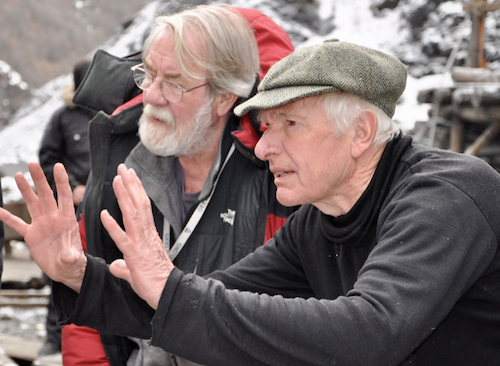 (Weir on right, with his cinematographer Russell Boyd.)
(Weir on right, with his cinematographer Russell Boyd.)
Q: How did that work? the huge old ship, huge cast and crew?
Bouley: We bought that ship in Rhode Island for $800,000 and we sailed it to the Panama Canal. Oh, my god, yeah. The real ship lived in Ensenada and then we built an identical ship in the tank that they built for Jim Cameron with Titanic. And then we put it on a gimbal, that’s a machine that moves the ship from left to right. It’s amazing. Maybe 150 construction workers built the replica ship, and then they cut it in three parts, and then they used the world’s biggest crane, and they put them in the tank, and then filled it with 600,000 gallons of water.
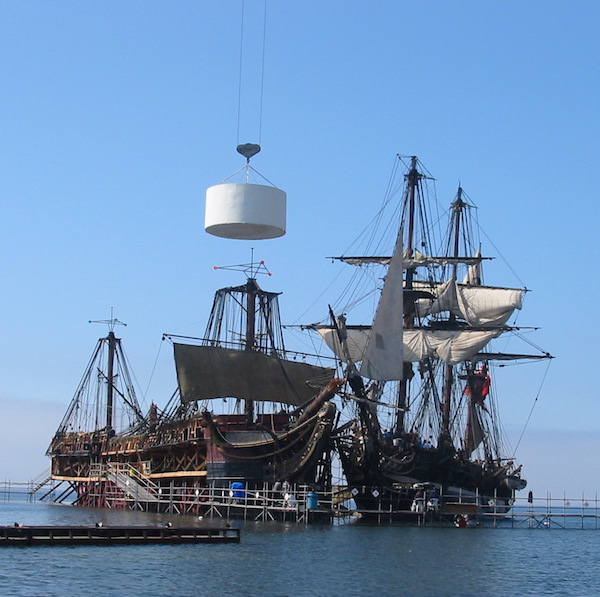
Q: You’ve had such a fascinating career working with iconic directors and actors, Robert Zemeckis, Peter Weir, Tom Hanks, Russell Crowe, Meryl Streep. Looking back do you think the pace of international assignments and deadlines burned you out?
Bouley: Absolutely. I’ve had an astounding four decades, and I’ve always been hired for the big ones and the hard ones, but it was a lonely existence. You live in the hotel, and then you get extra dirty underwear from Buenos Aires to Morocco. You get off the plane, and you do it again. And sadly, Christina, I did sort of out of sight, out of mind, where I’d only Skype my mother maybe every three weeks. Because, as you know, on a movie set, it’s this temporary intimacy with with everybody. You make them your temporary family. I was married to my career. If I could do it again, I’d do it differently.
“No matter where we were stationed, on the first day of school Mom reminded us, “Don’t get too close to your new friends because either their fathers or your dad will likely be transferred to their next assignment. You’ll just have to say goodbye. It’s better not to get close than to be broken hearted. Through most of my adult life I continued to carry out my mother’s questionable instructions. This contributed in part to my unsteady love relationships in which I had one foot in, one foot out. ‘Nice to meet you, where’s the exit?’ My father taught me to always keep my passport current and never own any more than I could pack in an afternoon.”
(Bouley, with young extras in India.)
Q: The book also reveals intimate details of a lot of personal traumas and things suddenly breaking down with your longtime partner.
Bouley: I suffered through nine deaths. I helped every one of them through, through their death. I did The Way Back with Colin Farrell and that was my last one. That was three and a half years ago. There was COVID, and then there was the strike. And you would have thought that there would have been a collection of film offers on the table after that, but the studios aren’t into film anymore. They’re conglomerates. Universal is owned by Seagram, and they make a lot more money selling scotch than they do making Master and Commander.
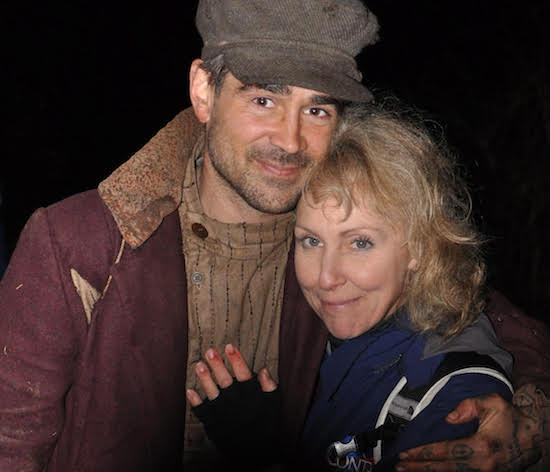 (Bouley with actor Colin Farrell in Weir’s The Way Back)
(Bouley with actor Colin Farrell in Weir’s The Way Back)
Q: What did you want to do when you grew up?
Bouley: I wanted to be a social worker, which I was in Santa Cruz. I worked for Child Protection, and then I got laid off. That was in the mid-80s. So I went back to waiting tables at Cardinales on the wharf, and teaching jazzercise.
I got into this business because I volunteered for the Santa Cruz film festival, when Lost Boys came to town. They needed a location scout so they called Chamber of Commerce, and they called me. And I got paid $75 a day, and I got to wear a walkie talkie. In a way casting was still like doing social work, just using the vehicle of film. You can’t stay for 40 years with Child Protection, it’ll burn you out.
I met my business partner Dick Broder on the set of the Santa Cruz-based independent film Hard Traveling.
“I was doing the job of three people on the film: casting, props and catering at the whopping rate of $250.00 a week…essentially slave wages in the film business, even in 1984. “Hard Traveling” was a great crash course in what ‘not to do’ in film-making. Things on set were a chaotic mess. The assistant director was not pushing the director to stay on schedule. The director, being the director, wanted things his way. No one communicated well. The producer, was in over her head. In a word…messy.”
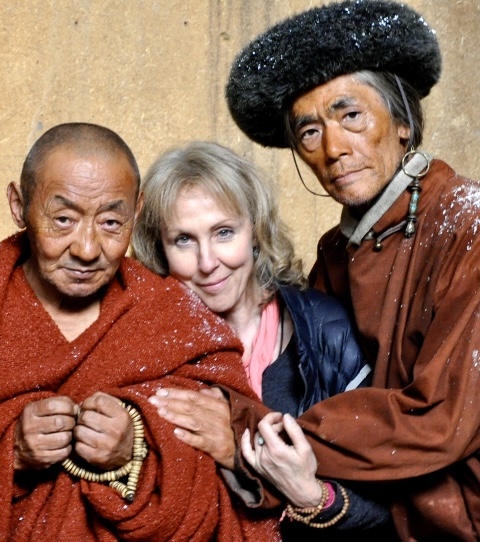
Q: How central was your stay at the Professionals in Crisis program at the Menninger Treatment Clinic to your ability to stabilize your career and self confidence?
Bouley: The mental health program at Menninger saved my life. The Professionals in Crisis program. I was in the program with 20 other people, including the CEO of NutraSweet, who showed me his $40,000 Rolex. So that proves he’s crazy. And Marissa Tomai’s boyfriend. That was when Peter Weir (my favorite director) hired me for The Way Back which we filmed in Bukgaria, Morocco and India. I also cast in Kazakhstan and Krygzystan for that film.
“At Menninger we had to eat three meals a day whether we wanted to or not. For the first week an aide sat next to me to make sure I chewed and swallowed. We were weighed twice a week. I came in at 99 lbs.”
It was right after my business partner, Dick, my best friend for 14 years, committed suicide. I had been on Road to Perdition shoot in Chicago for eight months, and we were literally shooting this scene where Tom Hanks kills Paul Newman, And then my phone rang, and it’s a detective. They found Dick in a hotel room. And, yeah, jeez. I couldn’t go back to film right away. It took me about 4 years to feel ready to go back to casting.
Q: I know you worked on this book for many years. And you include a memoir of your relationship with Dina Babbiott. How did that come about?
Off and on, it took 14 years to write this. You remember Dina Babbitt, who as a girl had been an artist in Auschwitz? She was living in the Santa Cruz Mountains at the time. Well Dina was really my Obi Wan Kenobi and we met when I lived with John (my cocaine addict, alcoholic Santa Cruz boyfriend). We met at an animation film festival. And then I lost track of her when I went on location, and then I was back in Santa Cruz and we reconnected, and she said, What’s your next movie? I said, I’m going to write your story. And she said, No, a lot of people have tried, and it was shitty. So I said, Well, it’s not going to be because I know you. We spent four months with me recording her, and practically living with her. But ultimately, it never got made.
I think the reason everybody can identify with this book is, ultimately, it’s a phoenix rising from the ashes story.
Q: What’s next? Will you continue with films, with casting?
Bouley: That’s what I’ll do. There’s usually 100 projects in Los Angeles. But you know, since COVID and since the strike, there are only seven feature films right now in Hollywood. Other places offer better tax incentives, like Boston, Atlanta, Canada and New Orleans.
Still, yes, it’s all I know how to do,

